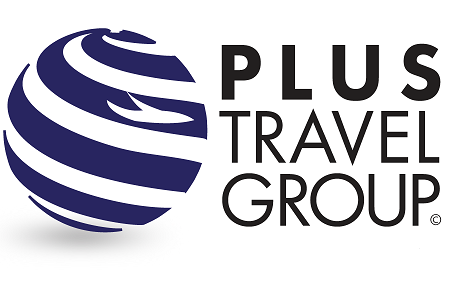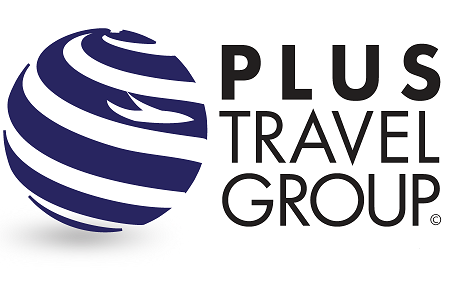Introduction
A comprehensive travel management program offers businesses the tools and strategies needed to navigate the challenges of corporate travel effectively. In today’s interconnected world, travel is an integral part of doing business. Whether it’s meeting with clients, attending conferences, or nurturing international partnerships, corporate travel plays a crucial role in driving growth and expanding opportunities. However, managing travel can be a complex and time-consuming endeavor, requiring careful planning and coordination. This is where a comprehensive travel management program comes into play, offering businesses the tools and strategies needed to navigate the challenges of corporate travel effectively.
Streamlining Processes
One of the primary benefits of a travel management program is its ability to streamline travel processes from start to finish. By centralizing bookings, expense management, and itinerary planning, businesses can simplify administrative tasks and reduce the time burden on employees. With a dedicated team or software platform handling logistics, travelers can focus on their core responsibilities without being bogged down by tedious paperwork or logistical hassles.
Cost Savings
Effective cost management is essential for any business, and travel expenses can quickly skyrocket if left unchecked. A well-designed travel management program can help businesses optimize their travel budgets by negotiating favorable rates with airlines, hotels, and other service providers. By leveraging economies of scale and implementing cost-saving strategies such as advanced bookings and travel policy compliance, businesses can minimize expenses without compromising on quality or convenience.
Duty of Care
Ensuring the safety and well-being of employees during travel is a top priority for businesses. A travel management program provides the framework for implementing comprehensive duty-of-care policies that address health, safety, and security concerns. From monitoring travel advisories and providing emergency assistance to tracking traveler whereabouts and facilitating rapid response in case of emergencies, businesses can fulfill their duty of care obligations to employees and mitigate corporate travel risks.
Policy Compliance
Travel policies serve as guidelines for employees when planning and executing business trips. However, enforcing policy compliance can be challenging without proper oversight and accountability mechanisms in place. A travel management program enables businesses to enforce travel policies effectively by approving trips, monitoring expenses in real-time, and generating detailed reports for analysis and audit purposes. By promoting adherence to company policies, businesses can maintain transparency, consistency, and fiscal responsibility across their travel programs.
Data Analytics
A travel management program can provide access to valuable insights and analytics to track travel spending, identify trends, and identify areas for improvement. With accurate travel data, data analytics are real and meaningful. By analyzing key performance indicators such as travel volume, cost per trip, and traveler satisfaction, businesses can make informed decisions that drive efficiency, productivity, and profitability.
Conclusion: Travel Management Program
In an increasingly competitive business environment, the importance of a robust travel management program cannot be overstated. By streamlining processes, reducing costs, ensuring duty of care, promoting policy compliance, and leveraging data analytics, businesses can optimize their travel programs and unlock new opportunities for growth and success. Whether it’s enhancing employee productivity, strengthening client relationships, or expanding market presence, a well-managed travel program is key to navigating the complexities of corporate travel and achieving your company’s strategic objectives. Let’s talk about your travel needs!


